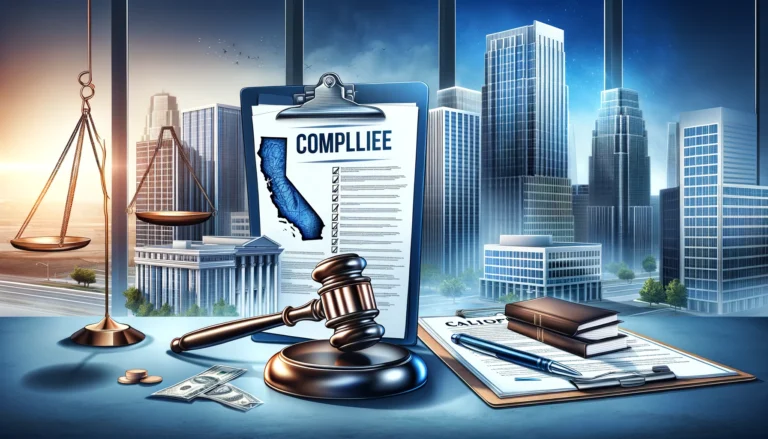Introduction
Social media is awesome for connecting with customers, sharing your brand’s story, and even driving sales. But, it can be a bit of a legal minefield if you’re not careful. Don’t worry, though—I’m here to break down the basics so you can navigate the social media landscape without stepping into any legal messes.
Copyright Infringement

Ever seen a cool image on Google and thought, “I’ll just use this for my post”? Not so fast! Using someone else’s photos, music, or videos without permission can land you in hot water. Always create your own content or use royalty-free resources. There are plenty of sites offering free images and music that are safe to use.
Trademarks
If you’re mentioning other brands or using their logos, be careful. Trademarks are protected by law, and using them without permission can lead to legal troubles. Stick to talking about your own products or services unless you have explicit permission to feature someone else’s brand.
Defamation
Social media is a place where people share opinions, but be mindful about making negative statements about individuals or other businesses. If your post damages someone’s reputation and it’s not true, they could sue for defamation. Always base your statements on facts and be respectful.
Privacy
If you’re collecting any kind of personal information from your followers or customers—like emails for a newsletter—ensure you’re compliant with privacy laws. This means clearly stating how you’ll use their info and not sharing it without their consent. GDPR and other privacy regulations can impose hefty fines for violations.
Advertising Laws

Transparency is key. If you’re running ads or paying influencers to promote your products, make sure it’s clear to your audience. Use tags like #ad or #sponsored. Misleading your followers can lead to complaints and fines from advertising standards authorities.
Contests and Giveaways
Who doesn’t love a good contest or giveaway? But these need to follow specific rules, too. Outline clear terms and conditions, follow local laws, and make sure your contest is fair. Facebook and Instagram have their own guidelines for promotions, so check those out before you start.
Employee Conduct
Your employees are often ambassadors for your brand on social media. Make sure you have a social media policy that outlines acceptable behavior, both during and outside of work hours. This helps protect your business’s reputation and ensures everyone’s on the same page.
Negative Reviews
You can’t please everyone, and sometimes you’ll get negative reviews. Instead of deleting them or responding aggressively, handle them professionally. Address the concerns raised and try to resolve issues privately. This not only shows you care but also keeps you on the right side of the law.
Conclusion
Social media is a powerful tool for your business, but it comes with its own set of legal challenges. By understanding and following these basic principles, you can enjoy all the benefits without the headaches. Remember, when in doubt, it’s always a good idea to consult with a legal expert to ensure you’re on the right track.





